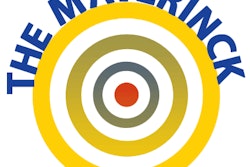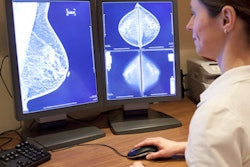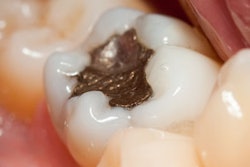Dear AuntMinnieEurope Member,
Scientific research is in a very bad way, and urgent action is essential to stem the tide, writes the Maverinck in his latest column.
This may seem like a sweeping generalization, but Dr. Peter Rinck, PhD, provides plenty of evidence and examples to support his viewpoint. He cares deeply about the well-being of imaging research and fears for the future. Find out more in the MRI Community, or by clicking here.
The musculoskeletal working group of the German Radiological Society has released new recommendations on MRI examinations of the spine. The group's protocols are refreshingly clear, precise, and brief, and they are worth a close look. You can do so here.
Meanwhile, a Danish team has found that breast screening in gridless acquisition mode has major benefits compared with grid-based screening. They obtained an impressive patient radiation dose saving of up to 36.4% with gridless acquisition. Visit the Women's Imaging Community, or click here.
Three key trends in the x-ray equipment market are the growth of mobile systems, the expansion of digital radiography retrofit kits, and the increased importance of Eastern Europe, says industry analyst Simon Harris. Looking to the future, he thinks intelligent radiography will be the next big thing. For his commentary, click here.
Researchers from Turkey have discovered some intriguing findings regarding the relationship of 7-tesla MRI to the release of toxic mercury from amalgam dental fillings. The effect was not found when 1.5-tesla machines were employed. Click here for the full story.
Last but not least, a Dutch team examined the brain CT scans of patients with memory complaints and identified a strong association between the presence of calcifications in the hippocampus and various risk factors such as smoking and diabetes. Go to the CT Community, or click here.



















